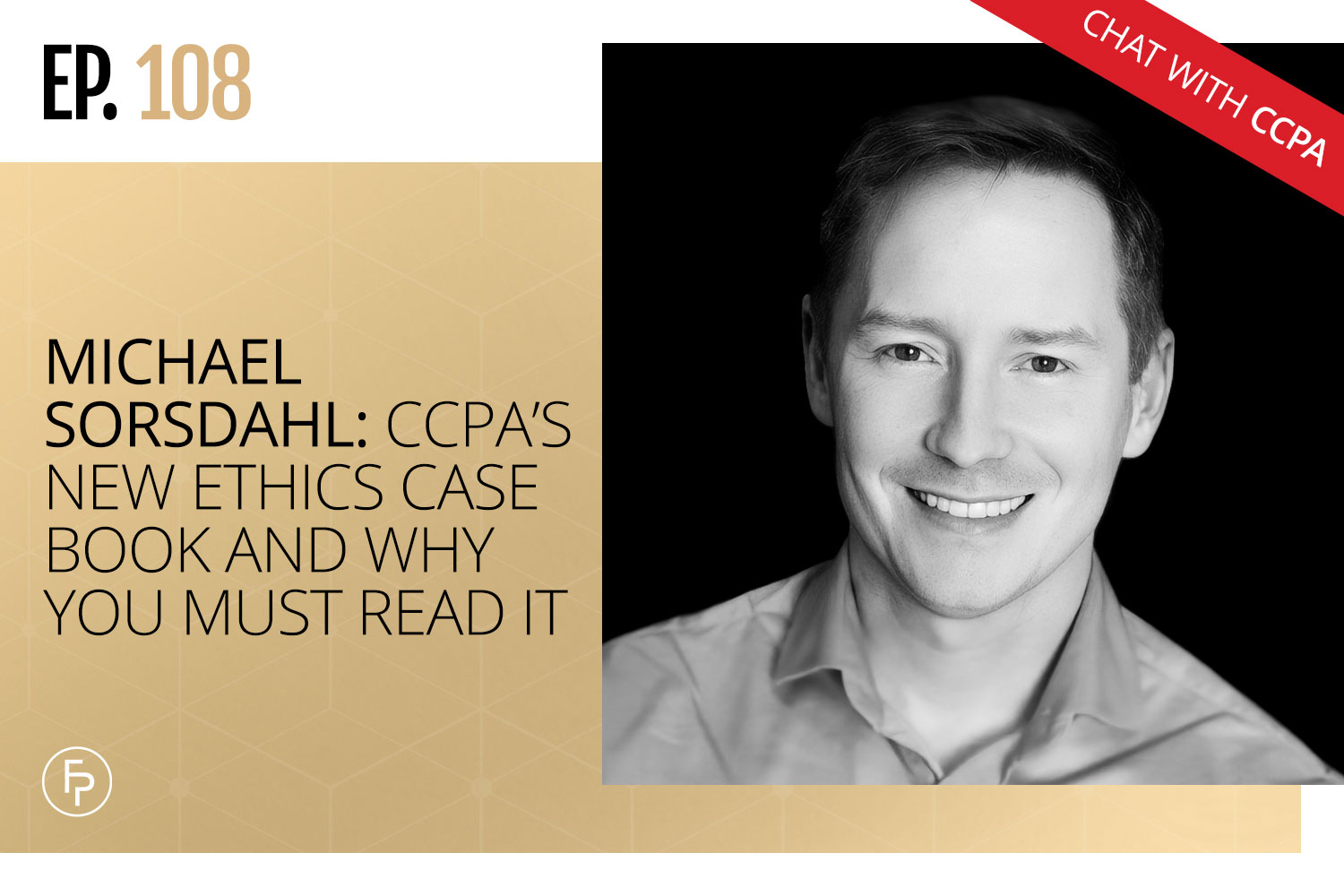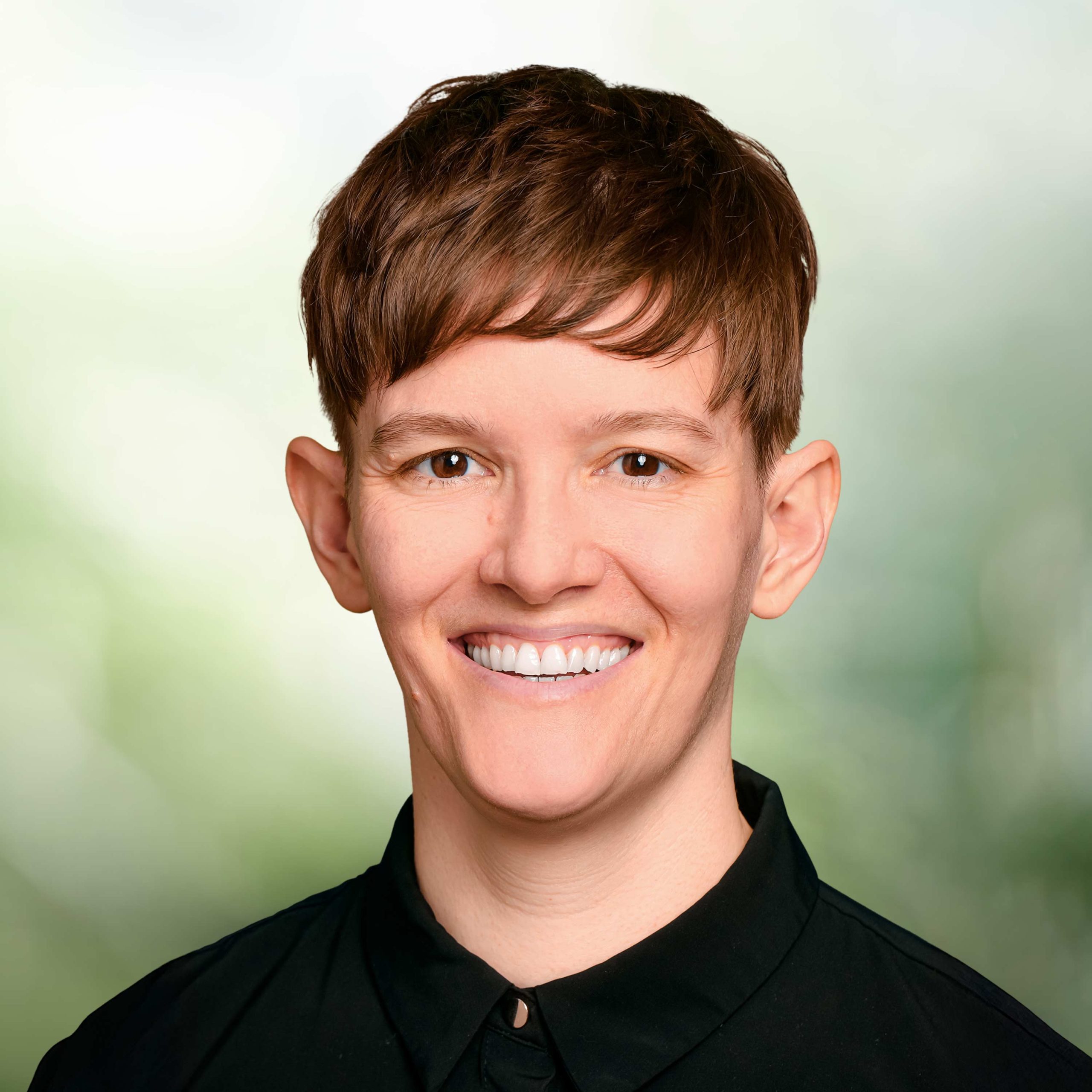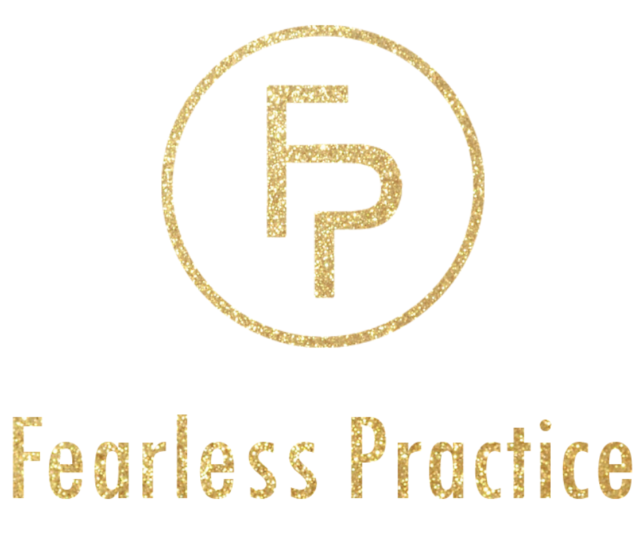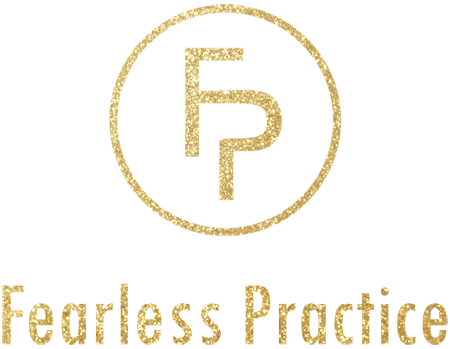MICHAEL SORSDAHL: CCPA’S NEW ETHICS CASE BOOK AND WHY YOU MUST READ IT | EP 108

How knowledgeable are you on current counselling ethics? How regularly do you follow up on changes and fluctuations in ethics and the recommended practices as times go on? Where should you start?
As we know how society and the general public changes over the years, it makes sense that the recommended counselling practices and ethics would too. What you might have learned five years ago, even two years ago, may have changed recently. Part of being a clear, conscientious, and responsible therapist is taking the time to keep up to date with current ethics.
In this podcast episode, I talk with Michael who’s recently just finished co-authoring and editing the new CCPA revised ethics case book. We discuss why it’s important for every Canadian counsellor to read, how it helps you, and how you can protect yourself and your clients in an ethical manner.
As you know I’m all about seeing you succeed in your Canadian private practice, so in the spirit of keeping things real, check out my Tools and Deals page where you can get free access to my online private practice checklist, as well as discount codes and subscriptions specials on EMRs, website builders, and online practice essentials. Visit fearlesspractice.ca/deals to claim your discount codes and to get more info!
MEET MICHAEL
Michael Sorsdahl is a practicing psychologist in BC and Alberta, and is currently the ethics chair for the Canadian Counselling and Psychotherapy Association Ethics Complaints Division.

Learn more about Michael on his practice website, LinkedIn and Psychology Today profiles.
In This Episode
- Why the new ethics case book is important for counsellors
- The four sections of the book
- Ethics have to be current
- Multiple relationships
Why the new ethics case book is important for counsellors
This book is a complement to the standard ethics of practice that the Canadian Counselling and Psychotherapy Association (CCPA) created.
‘We had an older version of our ethics case book study text… that was written in 2015 based on our earlier codes of ethics and standards of practice. Because codes of ethics and standards of practice evolve over time … That requires an amendment, an adaptation, of things to make sure that there’s an alignment.’ – Michael Sorsdahl
This ethics case book that Michael and his team have developed is focused on bringing to life our code of ethics and standards of practice that are new. It’s different from the older textbook because Michael and his team designed this book in a way that reads more practically than theoretically – although it can be used for theory as well.
There are reading pieces as well as actual case studies to work through, which gives it the practical advantage and some deeper knowledge.
‘One of the major benefits that this brought in [is] that we give some potential solutions [to the case studies] that came from actual practitioners in the field that wrote to the case dilemmas that we canvassed and brought in across Canada … Multiple solutions to the same case studies.’ – Michael Sorsdal
Although there are best practices and recommendations that are more in alignment in the codes based on historical precedence, there is more no “this is the only way” to do something, and that’s what this book is teaching.
The four sections of the book
1 – Foundational aspect
- The history of ethics and how it evolved
- The legal intersectionality of ethics and society
- That ethics isn’t directed by law but is influenced by law
- Ethical decision making models and that there are different models
2 – Sections of the codes
- The sections that each code falls under which is represented by different chapters in the book
- Historical elements of the codes and the societal considerations to be aware of
- Any pitfalls that counsellors could be mindful of
‘In all the chapters … What we brought together was a section that talked about best practices, or what is more accurate is the recommended practices, because there is no “best” practice … It’s the recommended practice by those that work in the profession that tries to help people navigate challenging certain situations or ethical dilemmas.’ – Michael Sorsdahl
3 – Complex cases studies without solutions
- Complex case studies that you or your students could practice with in any case
- Work on your own problem-solving skills for these
- Michael’s team are going to work on putting a team together to solve these and put the solutions forward to the CCPA
4 – The solutions to the case studies
- There are solutions in a separate chapter so that the case studies can be studied by students without spotting the answers on the same page
‘Just because you don’t know, doesn’t mean that you don’t do what you should know, and that’s your responsibility … If you don’t have a strong foundation in ethics and understanding ethical responsibilities or practices, you just might not know that you’re doing things that are unethical.’ – Julia Smith
Ethics have to be current
Ethics will naturally evolve with time because it is the study and practice of handling people and situations correctly, and people are constantly changing too.
As a responsible and compassionate counsellor, it is part of your job to know how the lines shift, change, or blur and how to navigate those changes effectively, and that means that you need to know what is happening on the ethical front.
‘It’s about currency, right. So, when new codes of ethics or standards of practice or new kinds of legal requirements come out … Being aware of what those are and staying up to date and current because [it is] the responsibility of the therapist, and not to shy away from those challenging situations.’ – Michael Sorsdahl
Even though it is a lot to consider, it is our responsibility as the counsellor to make sure that we understand our ethical obligations. When it comes to recommended practices and ethics, it not only keeps your clients and your license safe, but you as well.
Read more about the new CCPA ethics book at this link.
Multiple relationships
The ethics of multiple relationships between counsellors and clients can often be brought into discussion, especially when offering therapy in small towns or rural areas.
For example, someone may be the therapist of their pharmacist! Which is of course a nuanced situation to navigate.
‘When you’re in rural communities or you’re in a situation where you might be the only therapist … Then we have to start doing an ethical decision-making process around, “Do I take on multiple clients from the same family? How’s that going to work?”’ – Michael Sorsdahl
If you are in a situation where you have multiple relationships, you need to take notes. Have clear boundaries and capture records of your choices so that if everything should ever go south, you have evidence of your decision-making and your “management” of the situation. You have to manage the situation and not hope it goes well.
Connect With Me
Resources Mentioned and Useful Links:
Ep 107: Ester Chu and Richard Tatomir: Working As a Team to help Canadian Therapists | EP 107
Learn more about the tools and deals that I love and use for my Canadian private practice
Sign up for my free e-course on How to Start an Online Canadian Private Practice
Jane App (use code FEARLESS for one month free)
Learn more about Michael on his practice website, LinkedIn and Psychology Today profiles
Learn more about the CCPA ethics discussed in this podcast here
Watch this video to learn more about the CCPA’s Ethics CaseBook
Rate, review, and subscribe to this podcast on Apple Podcasts, Google Podcasts, Spotify, Amazon, and TuneIn


About Jules Smith
Jules Smith, MEd, RCT, CCC is a registered Counselling Therapist who owns a group private practice in Halifax, Nova Scotia. They are also the owner of Fearless Practice Consulting and hosts the Fearless Practice podcast. Through the Fearless Practice podcast, they provide invaluable insights and practical advice on starting and growing a successful Canadian private practice.
Jules also has written articles for the Canadian Counselling and Psychotherapy association. You can learn more at www.ccpa-accp.ca/blog/.


